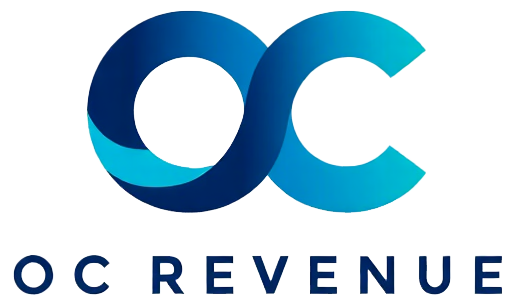Sales Performance Management drives accountability and growth by aligning sales activities with strategic goals and incentives
Driving accountability and growth through data-driven performance management and strategic incentives
Sales Performance Management is the cornerstone of a high-functioning sales organization. By defining key performance indicators (KPIs), setting quotas, and implementing incentive programs, businesses create transparency and accountability across teams. Regular performance reviews and coaching sessions help identify skill gaps and foster continuous improvement.
Modern sales performance platforms integrate real-time data with predictive analytics to spotlight trends and potential risks. This enables managers to proactively adjust strategies, reallocate resources, and recognize top performers. Effective performance management ultimately boosts productivity, morale, and revenue growth.
Aligning goals, incentives, and insights to elevate sales performance and foster growth
At its core, Sales Performance Management aligns individual and team goals with broader organizational objectives to ensure sales efforts are purposeful and productive. It encompasses goal setting, performance tracking, incentive compensation management, and coaching frameworks. These components work in synergy to drive results and support professional development.
A robust performance management system captures data from multiple sources, including CRM, compensation software, and learning platforms. This data provides a comprehensive view of sales activities, pipeline progress, and customer interactions. Sales leaders use these insights to tailor coaching, forecast outcomes, and design fair compensation plans that reward desired behaviors.
Advanced analytics and AI-driven tools now enhance Sales Performance Management by identifying patterns such as high-performing sales behaviors or common obstacles. Predictive models can forecast quota attainment risks or suggest optimal territories and accounts. These capabilities empower leaders to make data-informed decisions and continuously elevate team performance.
Beyond metrics and incentives, Sales Performance Management fosters a culture of transparency and continuous learning. Clear communication of expectations, timely feedback, and recognition cultivate engagement and motivation. Organizations that excel in this discipline consistently outperform peers by turning data into actionable insights and aligning people around shared success.

















